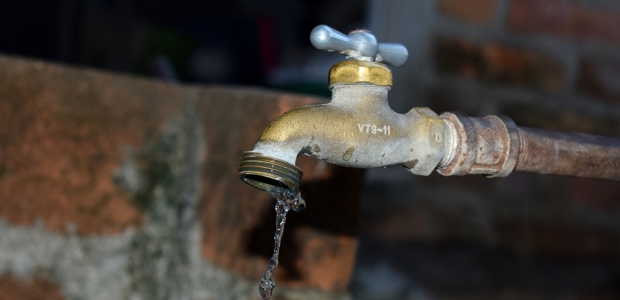This may be the third recently confirmed case. The chance of being exposed to hantavirus is greatest when people work, play, or live in closed spaces where rodents are actively living.
The new members will be inducted June 7 at the Annual Business Meeting during the 2017 AIHce EXP.
The bank has been ordered to fully restore the former manager's lost earnings in the banking industry. Wells Fargo plans to appeal.

CEO Stephen Sandherr said the association is now advising construction firms to hold their safety talks and stretching sessions when workers return from their 11 a.m. to noon lunch break, which is common on most job sites, and is looking to establish new training programs to encourage ladder safety.
George Benton, who chairs The Foundation for the Malcolm Baldrige National Quality Award, announced at the ceremony the official launch of the new Baldrige Cybersecurity Excellence Builder.
The EEOC lawsuit alleges the copmany's two principal owners were aware of the ongoing harassment but took no actions to stop it.
"The environment in which we live, work, and play has a profound effect on our health," said Dr. Georges C. Benjamin, M.D., executive director of the American Public Health Association. "If we hope to improve the health of our nation, we must create places that safely encourage physical activity and enhance our well-being."

There were almost 50,000 crashes in Florida last year that involved distracted driving, and they accounted for more than 3,500 serious bodily injuries and 233 fatalities.
13 lots of Mylan products are being voluntarily recalled.
FirstNet, part of the federal Department of Commerce, announced the Dallas-based company’s selection to build the $46.5 billion network on March 30.
NFPA helped to launch the program after a Boston fire killed two firefighters in 2014. Expecting the program to interest other communities, NFPA is planning to expand it.
Asked how confident they are that the federal government will be able to handle an outbreak of the Zika virus in the United States, 22 percent answered in a March 10-11 Gallup poll that they are very confident, 42 percent are somewhat confident, 19 percent are not too confident, and 14 percent are not confident at all.
The agency is requesting information about the environmental storage conditions.
The NTSB determined the fatal San Jose crash was caused by a failure to provide adequate guidance.

Better water management is a key factor in reducing U.S. water consumption that can be replicated in other parts of the world.

Municipalities and states are mandating that large producers of waste food must not send it to a landfill. The administration understands that waste food has the largest impact on the environment, and large corporations are already striving for zero waste (and finding value in the waste they can recycle).

Increased awareness of not only the value, but the necessity of adopting green building initiatives in new builds and retrofits is critical.